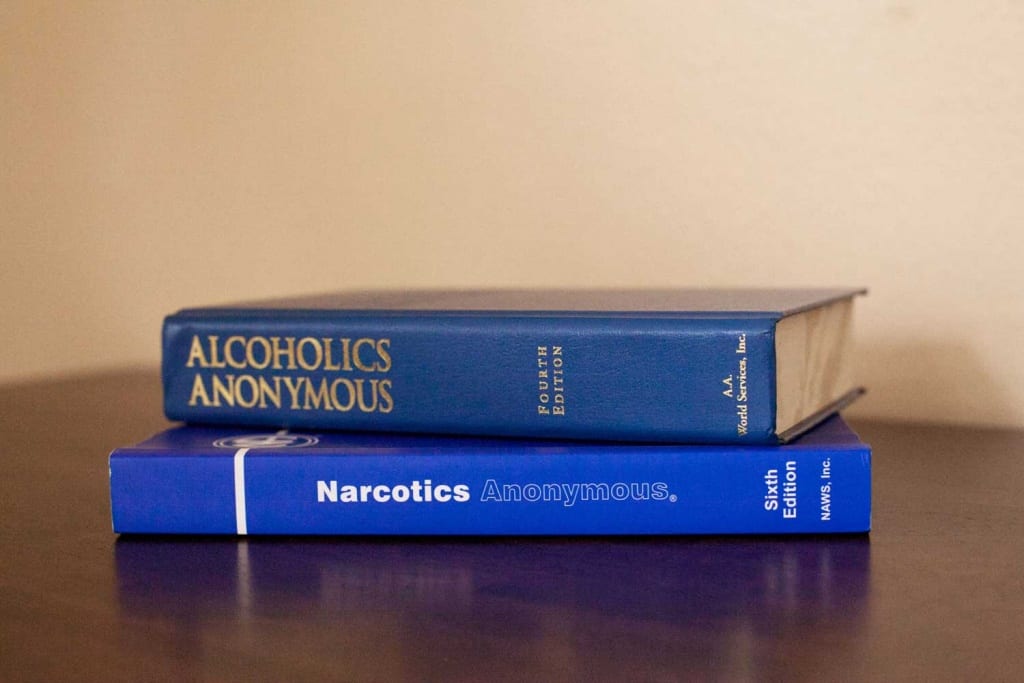Scientific American recently reported that there are currently not enough people with addiction disorders who are volunteering for clinical research studies. Finding qualified participants struggling with addiction is critical to making these studies successful. Most people are unaware that these studies even exist, while others may hear about them but not feel that there will be a great enough benefit to take part. Researchers have also discovered that the stigma attached to these disorders can discourage potential participants from applying for these opportunities.
Today, we’ll take a look at why these studies can be valuable for both participants and science, but also discuss what they are not: a substitute for treatment.
The Importance of Clinical Research
Clinical research is very important in collecting data to find better treatments for all kinds of diseases and disorders. Without these trials, we wouldn’t be able to treat cancer, heart disease or even the flu. Clinical research studying effective treatments for substance use disorders can also lead to breakthroughs.
Why You Should Consider A Study
There are many benefits to participating in a clinical research study, including access to free medical care, compensation for your time, and the knowledge that you are helping doctors and scientists fight substance abuse.
Why Treatment Is Still Important
If you’re considering volunteering for a research study, it’s important to understand that you are acting as a research participant, not someone receiving treatment for substance abuse. For this reason, it’s important to also seek out appropriate addiction treatment while you participate in the study, rather than relying on the researchers to help you heal (which is neither their goal nor their area of expertise.)
Turning Point of Tampa’s goal is to always provide a safe environment and a solid foundation in 12-Step recovery, in tandem with quality individual therapy and groups. We have been offering Licensed Residential Treatment for Substance Abuse, Eating Disorders and Dual Diagnosis in Tampa since 1987.



